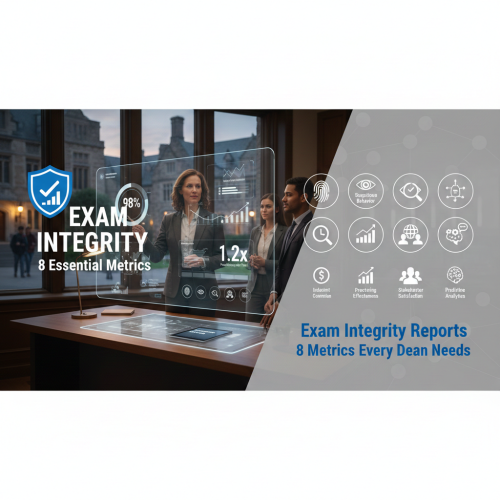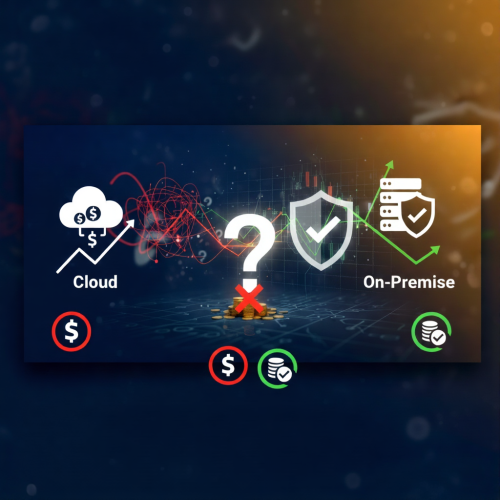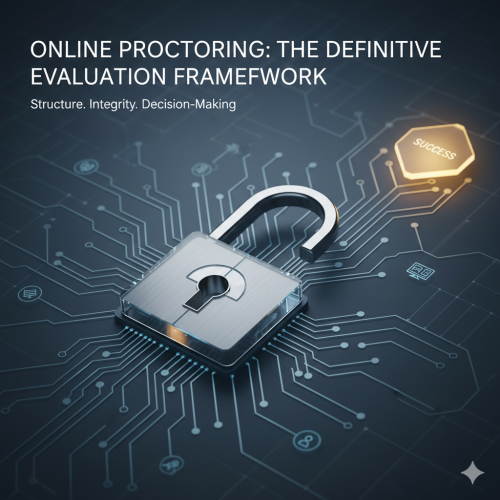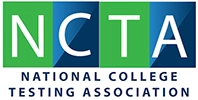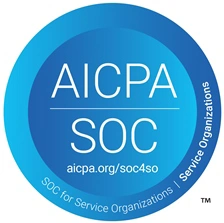Introduction: The Importance of FERPA in Remote Proctoring
Online learning and remote exams offer a convenient way for students to demonstrate their knowledge, but they also introduce new challenges in safeguarding sensitive information. The Family Educational Rights and Privacy Act (FERPA) is a key legal framework designed to protect students’ privacy rights in the U.S. With the rise of remote proctoring solutions, it is essential for institutions to comply with FERPA to maintain trust, integrity, and security.
FERPA protects the privacy of student education records, which include personally identifiable information such as names, IDs, test results, and other sensitive data. Remote proctoring systems collect and store such data, making FERPA compliance critical. In this guide, we will break down the nine key FERPA requirements for remote proctoring and how Proctor360 helps institutions stay compliant.
9 Key FERPA Requirements for Remote Proctoring
- Secure Data Collection and Storage
FERPA mandates that all proctoring data be securely collected, transmitted, and stored. Institutions must implement encryption to protect sensitive information from unauthorized access. The use of secure protocols for data transmission ensures that no unauthorized parties can intercept student data. - Explicit Consent
Before remote proctoring begins, students must be informed in detail about what data is collected, why it is being collected, and how it will be used. Written consent must be obtained from the student, ensuring they are fully aware of their rights and any alternatives to remote proctoring if available. - Limited Access
Data access should be restricted to only those with a legitimate educational interest, such as faculty members or exam administrators. Institutions should implement role-based permissions to ensure that only authorized personnel can view or manage proctoring data. - Strong Digital Security
Proctoring platforms must use advanced digital security features such as multi-factor authentication, regular software updates, and secure communication channels. This ensures that the data is protected from cyber threats, including hacking or unauthorized access. - Clear Privacy Communication
Institutions should provide clear and accessible privacy policies to students, explaining their rights regarding data retention, access, and how their data will be used. Transparent communication helps foster trust and compliance. - Vendor Compliance
If a third-party vendor is used for remote proctoring, the institution must ensure the vendor adheres to FERPA regulations. Vendor contracts should include data protection measures, access controls, and breach notification protocols to ensure compliance. - Data Minimization and Retention
FERPA encourages data minimization, meaning that only the necessary data for the exam should be collected. After the exam is over, data should be securely deleted or anonymized to reduce privacy risks. - Audit Trails and Incident Response
Institutions should maintain detailed logs of who accessed student data and when. Additionally, a robust incident response plan should be in place to handle any data breaches, including quick notifications and corrective actions. - Proctor Training
All staff involved in proctoring should be regularly trained on FERPA guidelines and best practices to prevent human error. Understanding the requirements and handling student data responsibly is crucial for maintaining FERPA compliance.
How Proctor360 Supports FERPA Compliance
Proctor360 is dedicated to safeguarding student data while ensuring institutions maintain FERPA compliance. Here’s how Proctor360 helps:
- End-to-End Encryption: Proctor360 uses strong encryption techniques to protect data at every stage during transmission and while stored.
- Flexible Proctoring Options: With AI-powered Auto-Proctoring and the 360 Total View™ headset, Proctor360 provides a balance between security and student consent.
- Granular Access Controls: Only authorized users can access sensitive data, with clear role-based permissions.
- Privacy Communication Tools: Proctor360 provides institutions with resources to clearly communicate privacy policies to students.
- Transparent Vendor Partnerships: Proctor360 ensures third-party vendors adhere to FERPA standards, offering a trustworthy and compliant proctoring solution.
Secure and Compliant Online Exams with Proctor360
FERPA compliance is essential for protecting student privacy in remote proctoring. By adhering to these nine key requirements, institutions can foster trust and maintain the integrity of online exams. Proctor360 offers a comprehensive solution to help institutions meet FERPA compliance while securing online exams.
Ready to see how Proctor360 can enhance your online exam security? Book a Demo Today >>
10 Frequently Asked Questions (FAQs)
- What is FERPA and why is it important in remote proctoring?
FERPA is a U.S. federal law that protects the privacy of student education records. It is critical in remote proctoring because it ensures that sensitive data, such as exam results and personal information, is handled securely. - What kind of data does remote proctoring collect?
Remote proctoring systems collect data such as student identification, video and audio recordings, screen activity, and other related exam data. - How can schools ensure FERPA compliance in remote proctoring?
Schools can ensure FERPA compliance by implementing secure data storage, obtaining explicit student consent, limiting data access, and maintaining transparent communication about privacy policies. - Can students opt-out of remote proctoring?
Yes, students should be informed about their rights and alternatives to remote proctoring. Institutions must provide clear options and alternatives if available. - What should be done with student data after an exam?
Student data should be retained only for as long as necessary to maintain exam integrity. Afterward, it should be securely deleted to minimize privacy risks. - How does Proctor360 help with FERPA compliance?
Proctor360 helps institutions stay FERPA-compliant by using encryption, offering flexible proctoring options, restricting data access, and providing clear communication tools. - What happens if there is a data breach?
Institutions should have a clear incident response plan in place. This includes notifying affected individuals, investigating the breach, and taking corrective actions to prevent future incidents. - How does Proctor360 ensure data privacy with third-party vendors?
Proctor360 ensures that all third-party vendors comply with FERPA by establishing strict data protection agreements and requiring them to adhere to access control and breach notification standards. - Are there penalties for not complying with FERPA?
Yes, failure to comply with FERPA can lead to the loss of federal funding for the institution, as well as potential legal consequences. - Is Proctor360 a suitable solution for small institutions?
Yes, Proctor360 is scalable and can be customized to meet the needs of both large and small institutions, ensuring FERPA compliance while maintaining exam security.

